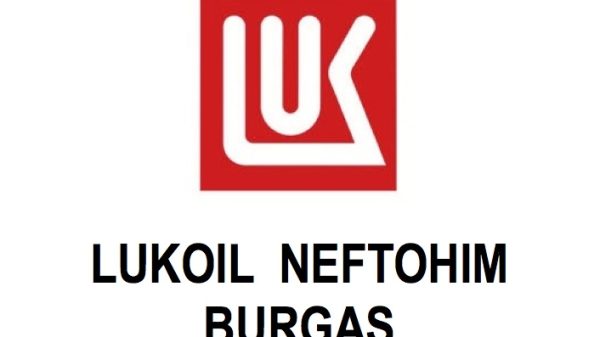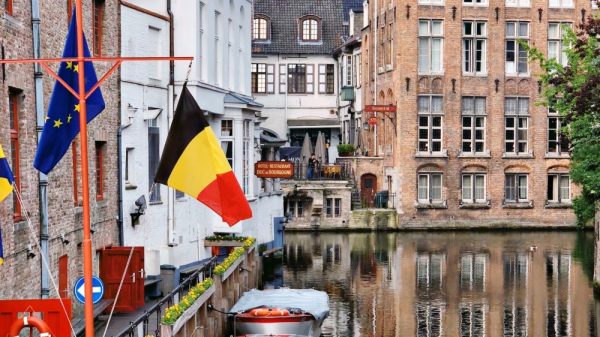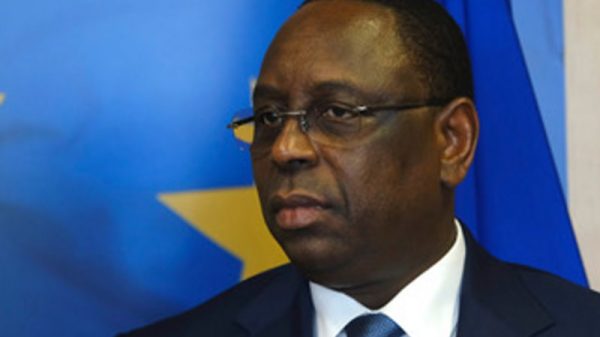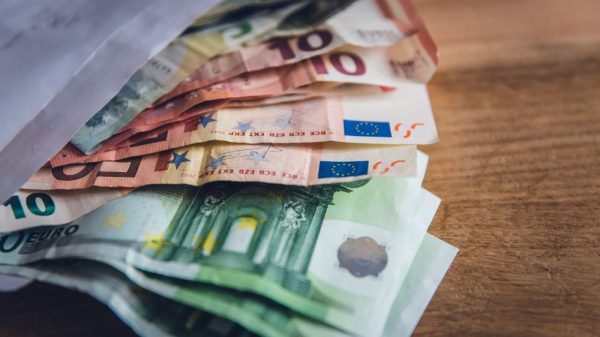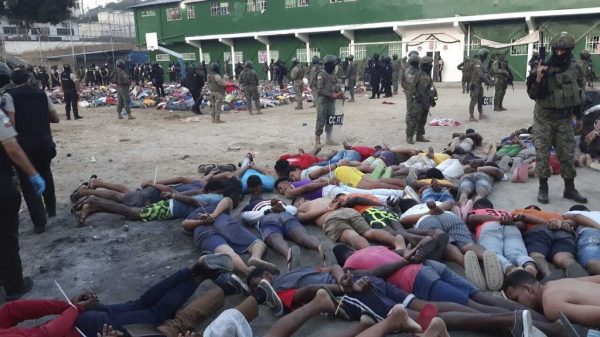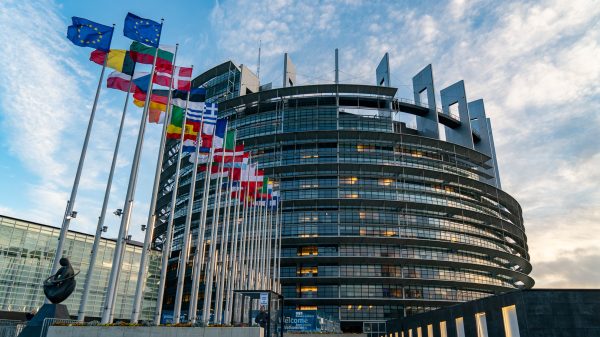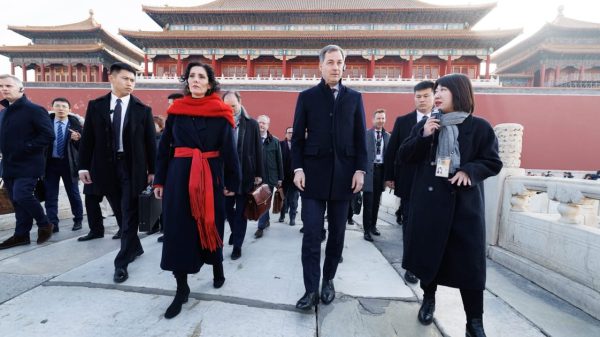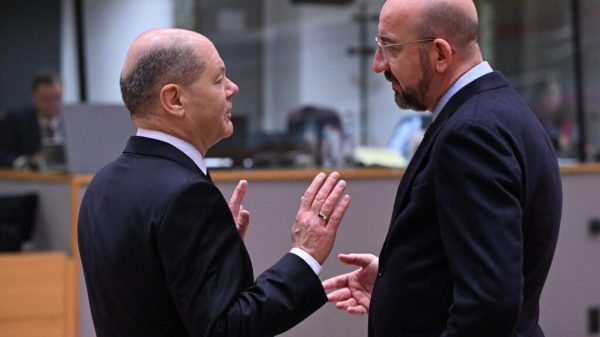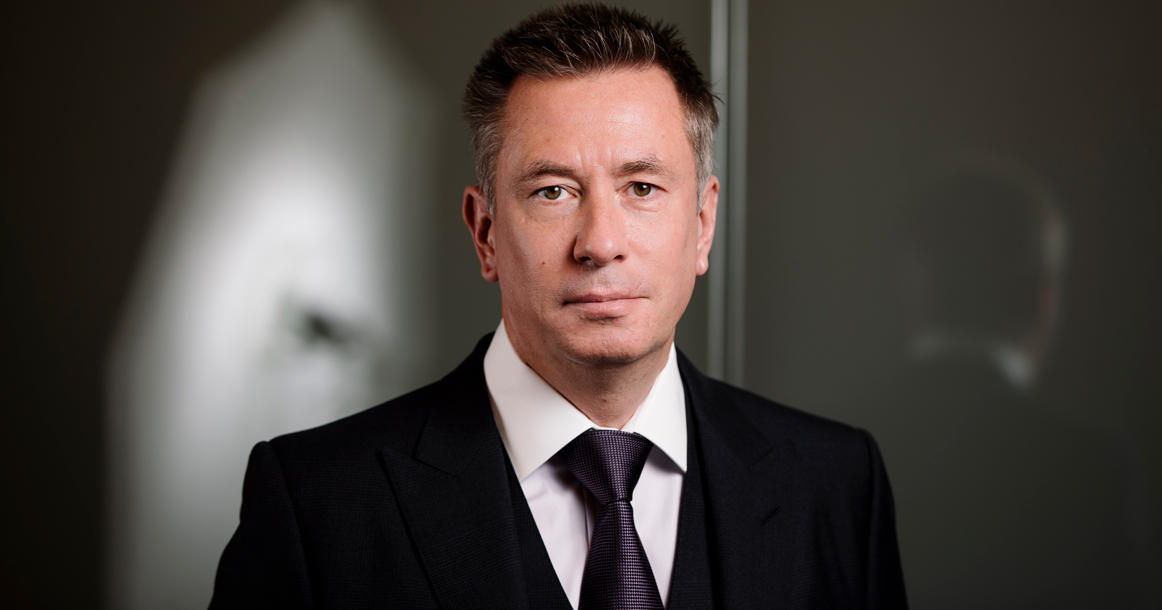Moskvich Magazine, a popular lifestyle publication for Muscovites, ran a curious story about how the lifestyle of former CEOs changed in the wake of EU sanctions against them.
A little over a year ago, when Dmitry Konov was still head of a petrochemical company, his life consisted of meetings, business trips and paperwork. He would sometimes, spend more than two hours of a three-hour flight answering emails from colleagues. And his working day often ended well after midnight. In March 2022, however, the EU imposed personal sanctions against Konov, and he left Sibur so as not to create problems for the company’s international business, and then his schedule changed.
The main change, says Konov, was that for the first time in many years he had the opportunity to choose what to do with his time. He could go to bed earlier and gеt up earlier. Now he has breakfast with his son and drives him to school himself, taking time to discuss his son’s studies and routine matters on the way. Recently, Konov took his son to Kidzania, a career park for children in Moscow.
AdvertisementThe former head of Sibur now has more time for reading and going to the theatre. As a graduate of MGIMO University, Konov is interested in foreign policy and the history of diplomacy. In particular, he enjoys books by the historian Yevgeny Tarle. Konov was greatly impressed by the play Einstein and Margarita, which takes place in August 1945, when the famous physicist learns that the United States dropped a nuclear bomb, which he invented, on Hiroshima.
Since about the summer of 2022, the EU has stopped imposing personal sanctions against managers of non-state Russian companies, apparently realizing the ineffectiveness of these restrictions and the fragility of the legal justification for introducing them. However, several CEOs of large Russian companies, like Konov, were put on the sanctions list last spring and were forced to leave their posts.
Konov recalls that a few months ago he met with Tigran Khudaverdyan, a former CEO of the technology firm Yandex, while relaxing with his family at a resort. As for Vladimir Rashevsky, the ex-CEO of the fertilizer producer Eurochem, Konov now sees him less frequently. Previously, the two would have dinner together and discuss work issues that interested both of them – for example, the climate agenda. It’s worth mentioning that at Sibur Konov paid a lot of attention to sustainable development and the recycling of polymers.
Now, these unemployed top managers no longer have business in common. Sanctioned CEOs communicate less with one another and more often with people they previously did not always have enough time for – family and friends. They surely have more free time now, but this is unlikely to make them happier.
“People were doing things that they loved and were successful at, and now they’ve been stripped of that opportunity,” Konov explains. “Suddenly, you can no longer do what you are keen to do, what you’ve been trained for and what interests you. There is a void in the soul that needs to be filled. You have to make special efforts to rebuild your life.”
Konov is involved in education and charity projects. He personally invests in the Formula of Good Deeds project, created on his initiative in 2016, which improves the quality of life in Russia’s regions through the development of urban infrastructure, education, sports and environmental protection. He pays more attention to his favourite sport, basketball: he not only plays but is also involved in projects for its development in various regions around the country.
Improving the quality of vocational education is also not easy. For example, chemical companies need better-trained specialists from higher education institutions. To ensure that such specialists are available, companies have to draw up terms of reference that specify the professional qualifications that students need to acquire. Moreover, it is necessary to retrain instructors as well as to raise the prestige of professions in the chemicals industry. It turns out that most high school students take a chemistry exam in order to enter medical universities, which they consider more prestigious. And many of them attend chemical engineering universities as a last resort and then find work outside the industry. This is an example of the range of problems Konov is trying to help solve, given his business experience.
An active leader in the recent past, Konov now mostly lives a quiet family life. But even that is sometimes troubled by sanctions. He was side-tracked during a New Year’s holiday with his family in order to send written explanations and documents to his lawyers to help them prepare for the hearing to lift the sanctions against him. When and if that happens, Konov will perhaps be able to do what he loves and knows how to do: create new industries and products and build social ties, including international ones.





